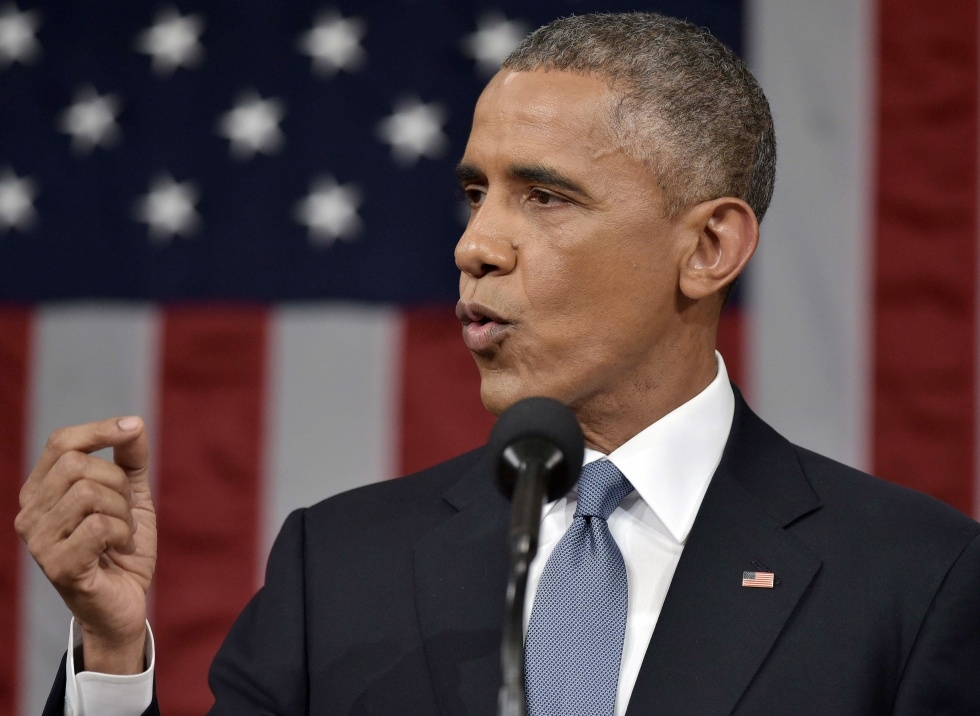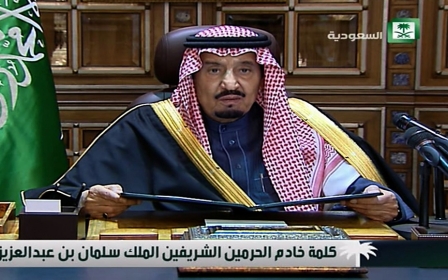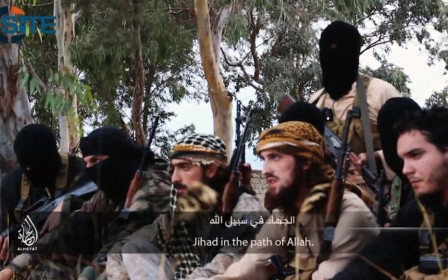Obama asks Congress to back stronger war against IS

Short of a full-scale ground war, US President Barak Obama on Wednesday asked lawmakers for formal authority to take the fight to the Islamic State. The US president said he would not hesitate to send special forces to kill Islamic State leaders.
"If we had actionable intelligence about a gathering of ISIL (Islamic State) leaders, and our partners didn't have the capacity to get them, I would be prepared to order our special forces to take action," Obama said.
"I will not allow these terrorists to have a safe haven."
Following the death of Kayla Mueller, who was taken hostage and then killed in a US bombing attack, as well as three other US hostages, the US president has been pressed to re-evaluate his war strategy.
But with many citing former prolonged wars in Iraq and Afghanistan, Obama offered assurances that the US approach would use local fighters who are familiar with the environment and terrain of the area. "Local forces on the ground who know their countries best are best positioned to take the ground fight to ISIL," Obama said.
Hesitating about participating in a full-scale ground war, Obama said Wednesday, “I do not believe America's interests are served by endless war or by remaining on a perpetual war footing. As a nation, we need to ask the difficult and necessary questions about when, why and how we use military force.”
He also wrote that his proposal “would not authorize long-term, large-scale ground combat operations like those our nation conducted in Iraq and Afghanistan”.
Some critics said that the resolution was ambiguous and vague. White House press secretary Josh Earnest went as far to say that it was "intentionally so”, further explaining: "It's important that there aren't overly burdensome constraints that are placed on the commander-in-chief who needs the flexibility to be able to respond to contingencies that emerge in a chaotic military conflict like this."
Obama pressed for mutual backing from all parties, with a democratic party wavering and a republican party that appears to be more in support of Obama’s recent proposal.
"Make no mistake. This is a difficult mission," the president said. "But our coalition is on the offensive. ISIL is on the defensive, and ISIL is going to lose."
Obama had previously authorized airstrikes on IS forces, referencing an Authorization for Use of Military Force, or AUMF, which was passed after the 11 September attacks in 2001. Another AUMF passed in 2002, which was used in the Iraq war.
After protests from Congress, saying that air strikes in Syria were outside of the purpose for the 2001 and 2002 resolutions, Obama presented a new resolution Wednesday, which would expire in three years and repeal the 2002 resolution.
"It is not a timetable,” Obama said, “It is not announcing that the mission is completed at any given period. What it is saying is that Congress should revisit the issue at the beginning of the next president's term."
New MEE newsletter: Jerusalem Dispatch
Sign up to get the latest insights and analysis on Israel-Palestine, alongside Turkey Unpacked and other MEE newsletters
Middle East Eye delivers independent and unrivalled coverage and analysis of the Middle East, North Africa and beyond. To learn more about republishing this content and the associated fees, please fill out this form. More about MEE can be found here.




